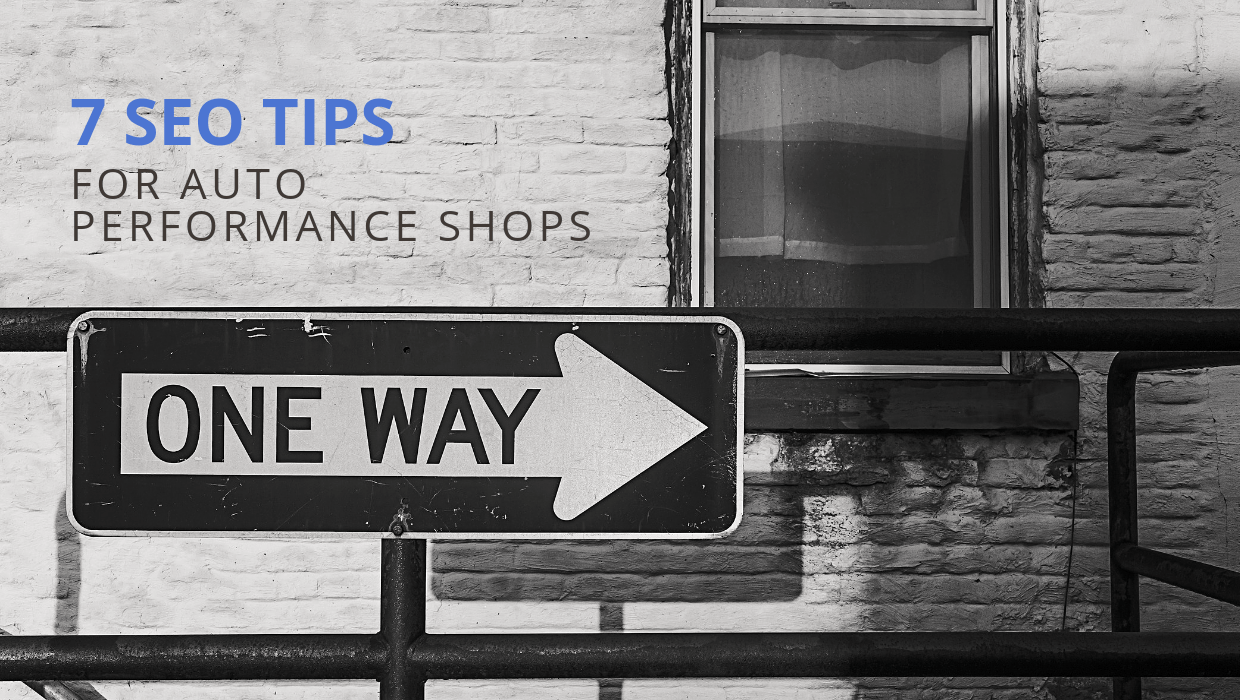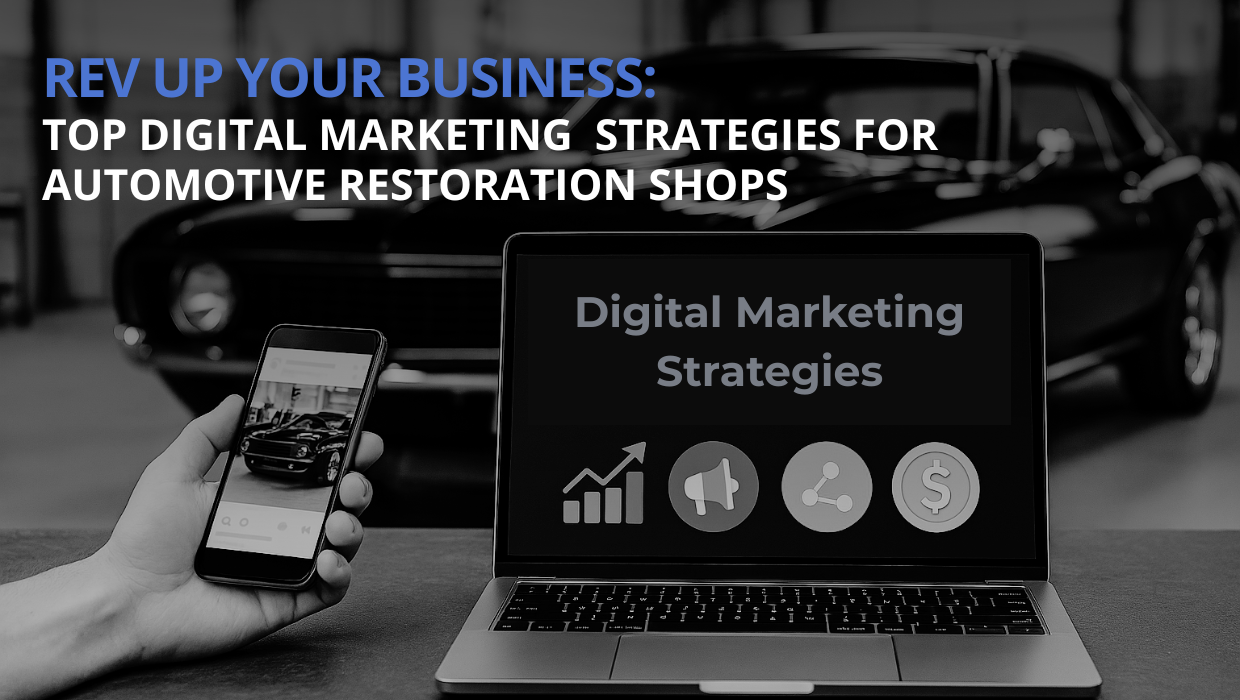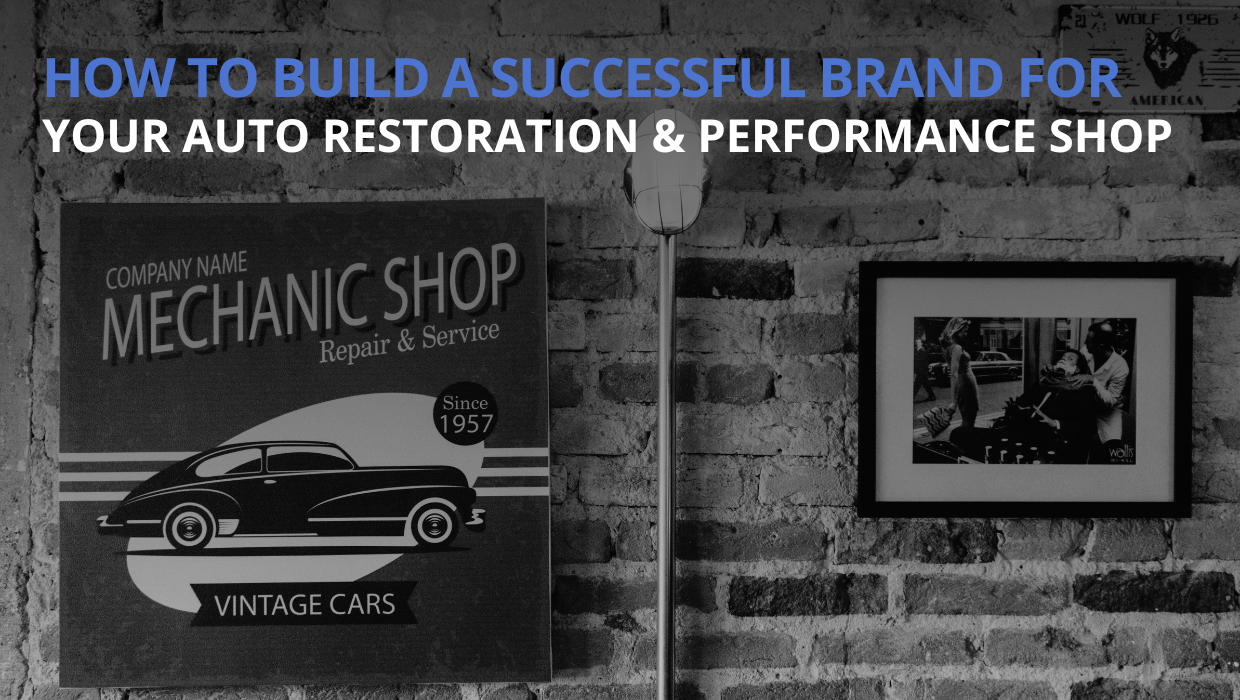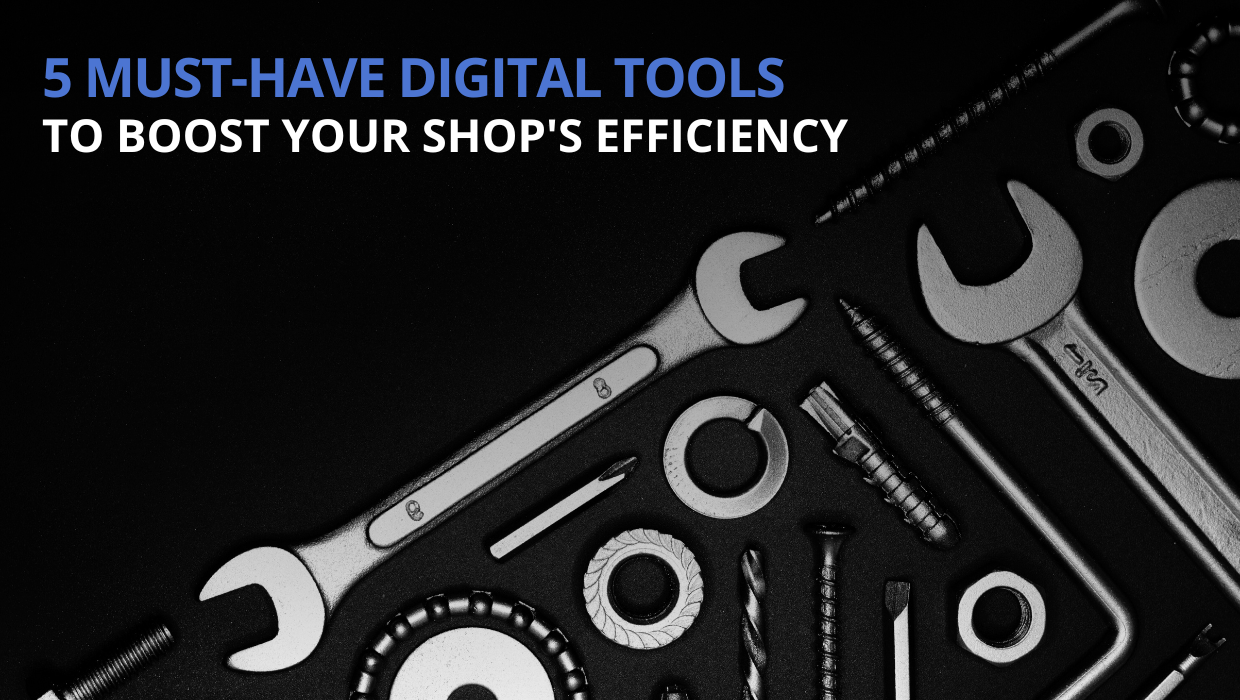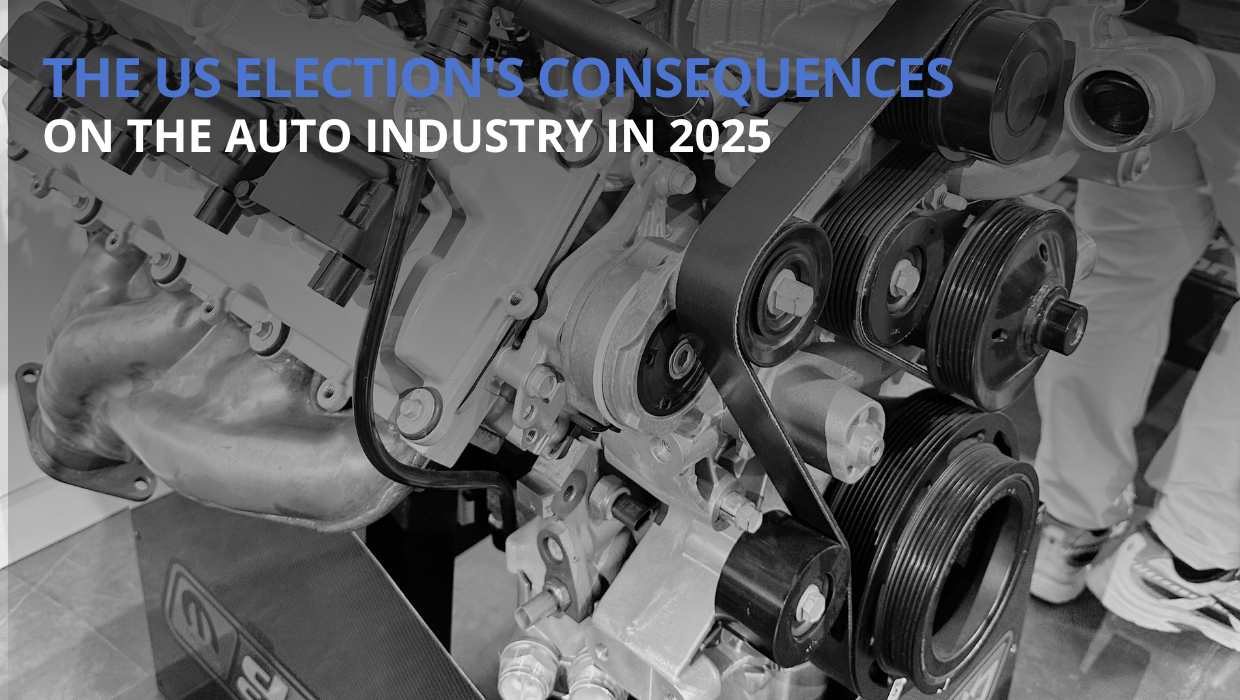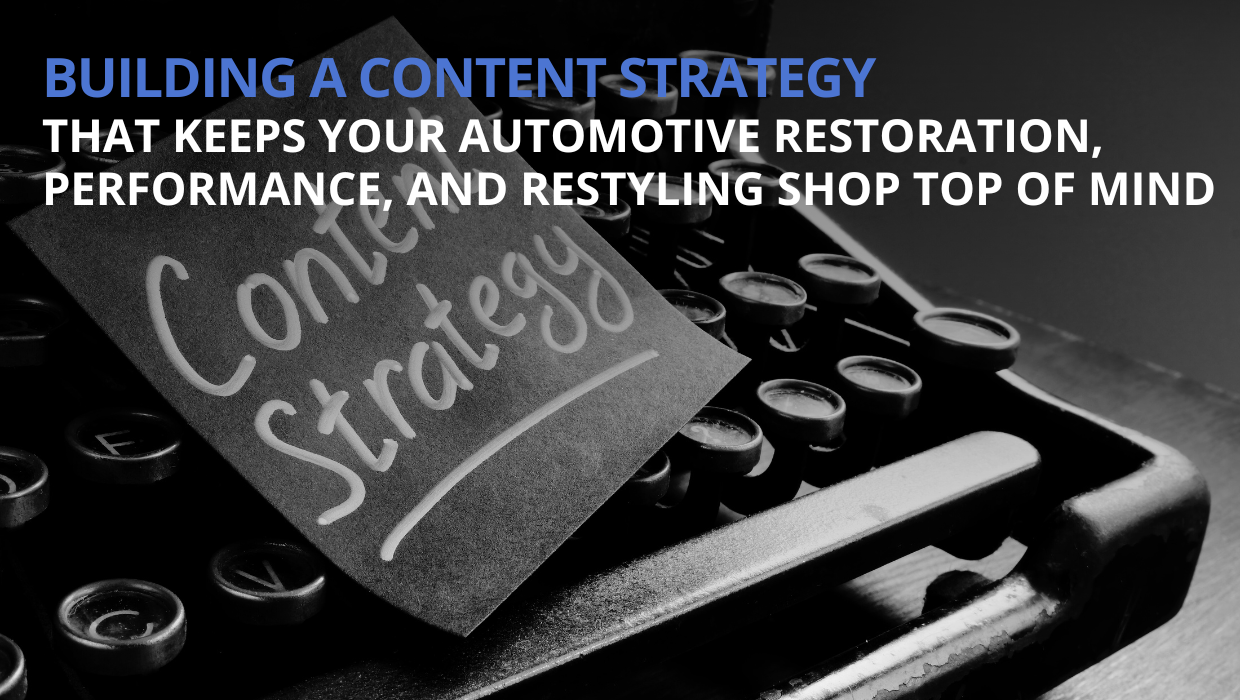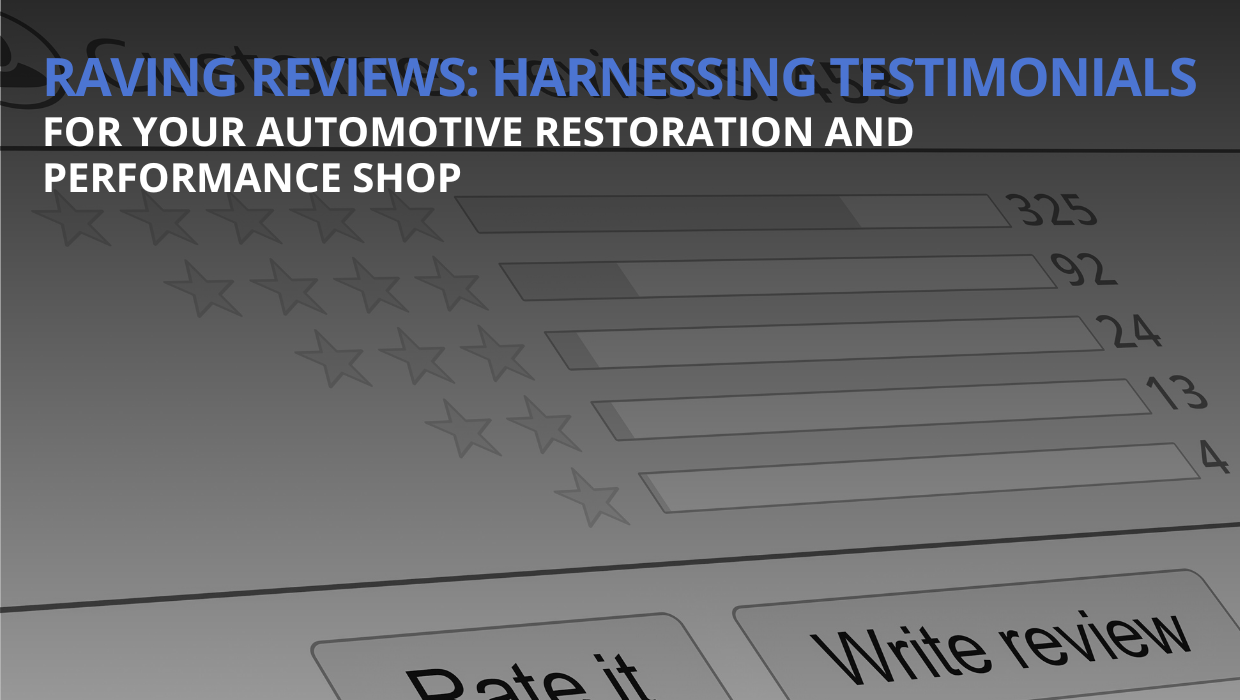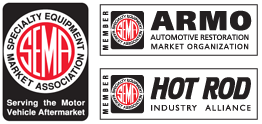Motorhead Articles
Get Your Marketing in Gear
7 SEO Tips for Auto Performance Shops
SEO (Search Engine Optimization) isn't just for the big players in the industry!
SEO (Search Engine Optimization) isn't just for the big players in the industry!
No matter how big or small you consider your business in the grand scheme of things, you can gain some serious traction on search engine results by implementing some basic SEO on your website.
What is SEO?
SEO stands for “Search Engine Optimization”. SEO is a marketing technique that focuses on getting visitors to your website from organic search engine results (i.e. not the ads you pay for).
Essentially, websites are judged by search engines on a number of criteria - all of which boils down to user friendliness and relevance. SEO works to improve your website based on those judgement criterias. By making the search engines happier - you'll rank higher in their results and get more visitors to your site.
What Are The Benefits of SEO for Businesses in the Auto Industry?
Last year, 78% of online buying decisions made in the US began by using a search engine.
Internationally, over 40,000 searches are made every second, with 3.5 billion searches made every single day. That's a massive base of potential customers.
SEO gives small businesses the tools to compete with big players in the industry, while being much cheaper than paid advertising.
SEO can help give your company a status of expertise and reliability across the whole country, if it's done well. In this industry reputation can make or break a business.
7 SEO Tips to Help You Dominate the Search Engines
1. Update Your Website With QUALITY Content
The most effective way to update your website is to blog regularly on a weekly/monthly basis. Google prefers websites with a regular blogging schedule.
It prefers original writing (that isn't copied word for word from a competing site) that people like reading.
The more time people spend on your site reading your most recent blog, the more Google likes your website and the higher a ranking it will give it in search results.
High quality content isn't limited to a few blog posts - your title tags, meta descriptions and image names should be relevant and useful too. You'll get a higher rank for related search terms if your website is helpful for your visitors.
2. Make Sure Your Website is Mobile Friendly
With the majority of people now using their mobile devices to access the internet (that's an amazing 94% of us here in the US), your site needs to be easy to use, no matter what device your visitors use.
Traditional desktop websites can translate poorly to mobile devices. Your website isn't user friendly if visitors need to actively zoom in or pinch to read your content. If users get annoyed by your website they'll leave for one that works.
Google tracks the number of users that leave your site quickly, and calls it your bounce rate. For Google a high bounce rate means that your website is inefficient and hard for people to use. What does this mean? A low rank in their search results.
Do you know if you're mobile friendly? Google lets you check free of charge here
3. Have A Google My Business Account & Optimize It
Local SEO is a very effective way to capitalize on potential customers in your area. A good (and free!) way to do this is to claim your Google My Business account and use it to your full advantage.
When you have Google My Business account, if someone in your locality searches for what you do - you'll appear as a local business that can help them with what they want. If they look at a map of their local area on Google, you'll show up on that map as a business near them.
The best thing about it? Setting up a basic profile only takes ten minutes at most.
Once your profile's set up, make the most of it by:
-
Posting some high quality images that are relevant to your business
-
Entering your business hours
-
Giving a helpful and compelling summary of what you offer
-
Linking your social media accounts to your site
-
Getting satisfied clients and customers to leave positive reviews
4. Build Up Quality Backlinks
The golden rule when it comes to any kind of search engine optimization is quality over quantity, and this includes backlinks!
In the past, a lot of companies that sold SEO services bought hundreds of low quality random links to put on their clients' sites, in order to improve their SEO.
Websites that are supported by references from other sites rank highly on Google, but their standards have become stricter in the last five years.
Backlinks are a good way to improve your SEO ranking, but it's important to do it right by getting reputable websites in your industry to link to your site.
5. Add Internal Links Between Pages Of Your Site
This is a useful SEO technique to that's easy to apply to your site right away.
Look at the pre-existing text on your site - if it references other relevant pages on your site then hyperlink them. Does a blog post mention various products that your offer? Add hyperlinks to the pages for those products.
An up-to-date sitemap of your site is definitely vital for SEO. (A sitemap is a page of your website, which has every other page of the site listed and linked to on it).
Sitemaps and internal links make Google rank your website higher. If you're at ease with adding them to your site, you can do it straight away!
6. Get Social
An effective method of promoting all of your great original content is to post it on your social media profiles.
We all know car enthusiasts love keeping up to date with all of the latest innovations in the industry, so keep your social media feeds interesting and updated. To really take advantage of this to its full extent, post links to the relevant pages of your website.
7. Set Goals & Measure, Measure, Measure.
It's pointless to spend so much effort working on SEO if you're not measuring your results. Note the goals that you want to achieve and consistently check to see how you're progressing.
For example, if you want to rank for a general search phrase like 'auto performance shop', record the date that you begin your SEO efforts, your website's current ranking, the ranking you want to have in a year's time, and what you're doing to reach that ranking.
Then check your progress regularly, to see if there's any development. There’s a host of tools to help you do this, including:
Google Webmasters Tool: this makes sure that Google knows about your site, and gives you data on what works well and what doesn't for you site.
Google Analytics: This, to put it simply, is vital. Google Analytics gives you detailed information on your website's progress. It analyzes statistics like page views, user profiles, how and where users find your site and what they're looking at while they use it.
MOZ: This is a few different tools all rolled into one. It includes a keyword explorer (which creates keyword suggestions and predicts their popularity on the internet) and a site crawl (which constantly checks your site and alerts you to any technical issues that might flag it to Google).
Search engine optimization can be difficult when you're getting started, because it can take a while to see results. But as soon as you start see progress, it'll be very rewarding - you'll never look back!
SEO works well when done with paid advertising campaigns, because by using both of them, you're not relying too much on Google's ranking algorithms (which can change very quickly).
The Motorhead Digital team has proven processes that will help you stay savvy and at the top of your game - going way beyond a simple website.
We want to help increase your profits - get in touch for a free strategy call today and get your business working for you.

